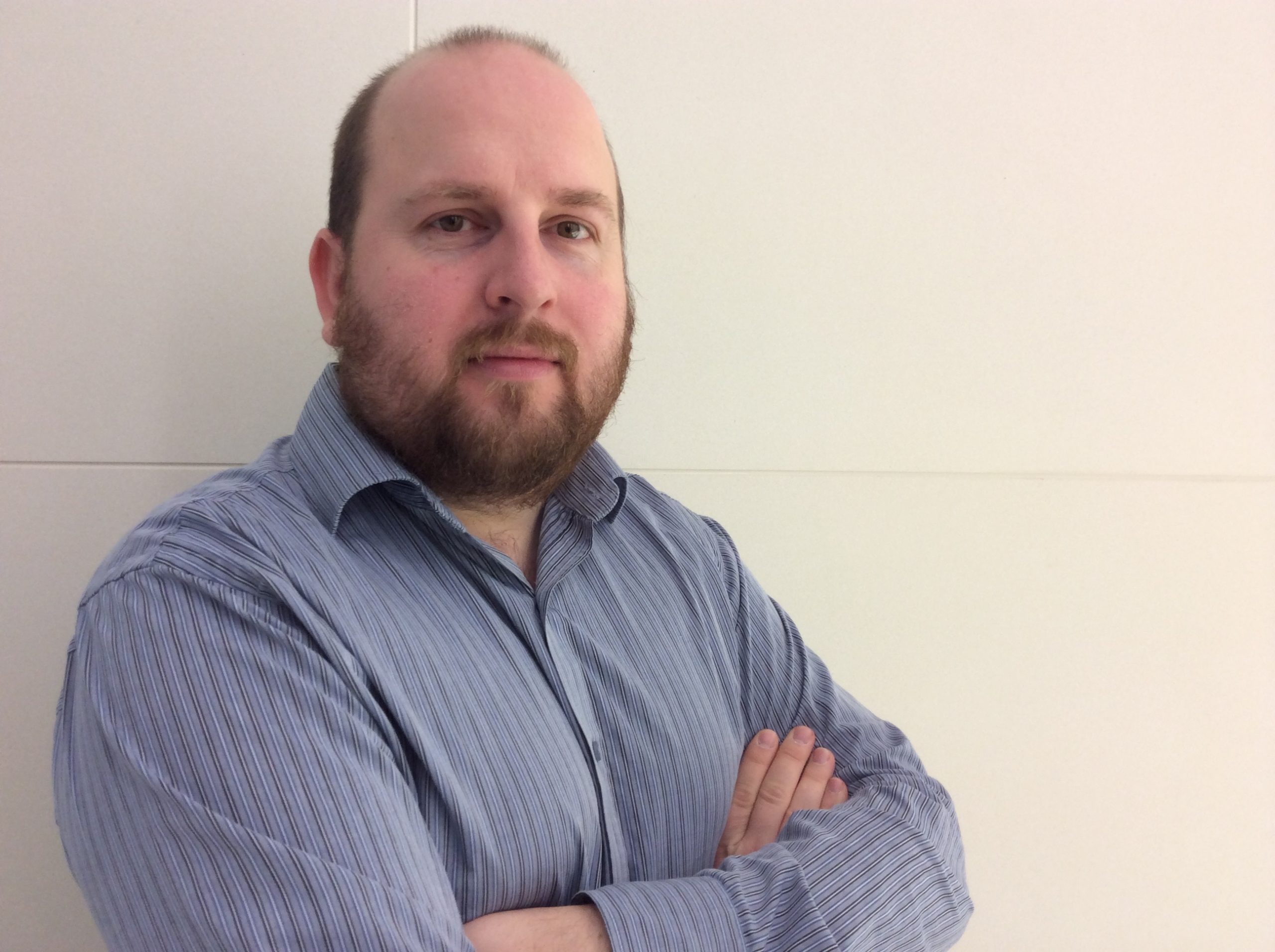
.pp-multiple-authors-boxes-wrapper {display:none;}
img {width:100%;}
Data4, a French operator and investor in the data centre market, and the University of Paris-Saclay have signed a partnership agreement to launch a prototyping experiment to reuse some of the heat produced by a data centre.
This ground-breaking project will be launched in the Paris Region at the start of 2024.
Driven by the French administration “Conseil Départemental de l’Essonne”, which created the ABIOMAS Innovation Chair within the University, and the Foundation Université Paris-Saclay, this project will be led by a multi-disciplinary and multi-skilled team (biomass specialists, digital, AI, physics/chemistry, economics, etc.), digital, AI, physics/chemistry, economics, etc.) bringing together various experts.
Faced with the exponential growth of digital technology and the amount of data stored in data centres (+35% per year worldwide), the environmental efforts of players in the sector must be equal to the challenge.
The Data4 group has been tackling this issue for many years and is taking concrete, effective action to reduce its greenhouse gas (GHG) emissions linked to its scopes 1, 2 and 3.
This new R&D project is a response to the strategic challenge of reusing the heat produced by data centres. Indeed, to prevent this heat from being lost, several reuse options are currently being studied, such as the most widespread option of heating nearby homes. However, this solution only exploits 20% of the heat produced.
That’s why Data4 is looking at new ways of reusing this heat, such as reproducing a natural photosynthesis mechanism by using some of the captured CO2 to grow algae, recycling it as biomass to develop new circular energy sources and reusing it in the manufacture of bioproducts for other industries (cosmetics, agri-food, etc.).
Patrick Duvaut, VP of the Université Paris- Saclay and President of the Fondation Paris-Saclay, said: “Thanks to a feasibility study carried out with the start-up Blue Planet Ecosystems, as part of the ABIOMAS chair of the Foundation Université Paris-Saclay, we have been able to calculate the efficiency of this carbon capture, which can be 20 times greater than that of a tree (for an equivalent surface area).”
Linda Lescuyer, innovation manager, Data4, said: “This augmented biomass project meets two of the major challenges of our time: food security and the energy transition. This requires close collaboration between all the players in the Essonne region, including Data4, to develop a genuine industrial ecology project, aimed at pooling resources and reducing consumption in the region. Thanks to this partnership with the Fondation de l’Université Paris Saclay, we have the opportunity to draw on one of the world’s most prestigious scientific communities to work towards a common goal of a circular energy economy.”
Check out the upcoming Cloud Transformation Conference, a free virtual event for business and technology leaders to explore the evolving landscape of cloud transformation. Book your free virtual ticket to deep dive into the practicalities and opportunities surrounding cloud adoption. Learn more here.




